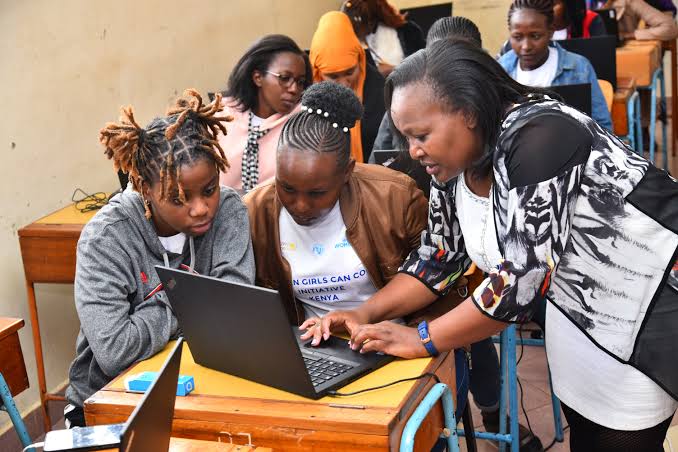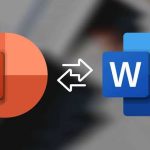Nigerian edtech startup, Xelaris, has launched Florence, a new accelerator programme aimed at helping teenage coders transition from coding tutorials to building and shipping viable tech products.
Designed exclusively for students aged 13 to 17, Florence offers selected participants $500 microgrants and one-on-one mentorship from professional software engineers.
The goal, according to its founders, is to give young people the opportunity to create functional digital tools that solve real problems, well before they enter university or the workforce.
“We saw that students could build websites or understood APIs,” said Sam Eseyin, co-founder of Xelaris. “But most had never launched a product or felt the excitement of real users relying on their work.”
What This Means
According to the startup, over the past few years, online learning has boomed among Africa’s digitally curious youth. But for many, the learning journey stops short of application.
Eseyin and co-founder, Malik Gwandu, said they began to notice a common thread: students were acquiring technical knowledge but lacked the opportunity to build products with real-world relevance.
“We’re not chasing unicorns,” said Malik. “We’re looking for students who can identify genuine problems, ones they care deeply about, and tackle them with thoughtful, tech-driven solutions.
Rather than assigning coursework or awarding badges, Xelaris focuses on action. Malik says participants identify a problem, and are guided through designing, building, and launching a digital solution using the skills they’ve already acquired.
How the Grant Works
The team says selected students receive a $500 microgrant to support expenses like domain registration, software tools, or cloud hosting. But more crucial than the money is the mentorship.
Each participant is paired with an experienced software engineer who provides guidance on product architecture, debugging, user testing, and deployment. According to Malik, this close mentorship is a key differentiator.
He added that the programme culminates in a live demo day where students present their products to an audience of tech professionals, investors, and educators.
The feedback is immediate, and in some cases, students choose to continue refining their projects after the programme ends.
About Xelaris
Founded in Lagos, Nigeria, Xelaris is a tech education platform offering live and self-paced courses in software engineering, AI, and blockchain to kids and teens.
The long-term vision, according to the founders, is to create a pipeline of African builders who are equipped not only with skills, but also with the mindset and experience to create solutions that have real-world impact.
“We want Florence to be the launchpad for the next generation of teen builders,” said Malik. “Not just students who know how to code, but those who know how to create things that matter.”
A Growing Market
The global market for youth coding education is experiencing rapid growth, with the online coding-for-kids segment valued at $5.44 billion in 2025 and projected to more than double to $11.6 billion by 2029.
This surge, according to experts, is fuelled by increasing demand for STEM-based learning, gamified platforms, and early exposure to skills like AI and programming.
Yet despite this momentum, most platforms, such as Tynker, Code.org, and WhiteHat Jr, primarily focus on foundational skills. Experts say this is where Florence by Xelaris distinguishes itself.
While global initiatives like Microsoft’s Imagine Cup Junior and Kairos Fellowship support youth innovation. Xelaris is carving out a unique space for teen coders, offering a blend of funding, mentorship, according to industry leaders.
Talking Points
It is noteworthy that Xelaris focuses not just on teaching teens how to code, but on giving them the structure, funding, and mentorship to actually launch real products, an experience most young learners never get.
This emphasis on execution over theory is a major leap forward in tech education for teens, especially in Africa, where access to hands-on product development opportunities remains limited.
At Techparley, we recognise how a programme like Florence can help bridge the global digital divide by nurturing young innovators who don’t just consume technology, but actively create it.
Providing $500 microgrants and pairing each participant with a professional engineer means students aren’t just learning in isolation, they’re being guided through real-world challenges like debugging, user testing, and meeting deadlines.
We believe there’s a strong opportunity for Xelaris to collaborate with schools, regional hubs, and tech NGOs to reach more diverse talent and become a launchpad for Africa’s next generation of product-driven technologists.
If scaled effectively, Xelaris could shift the conversation from coding as a skill to coding as a tool for solving local problems, an evolution that’s urgently needed across emerging markets.





